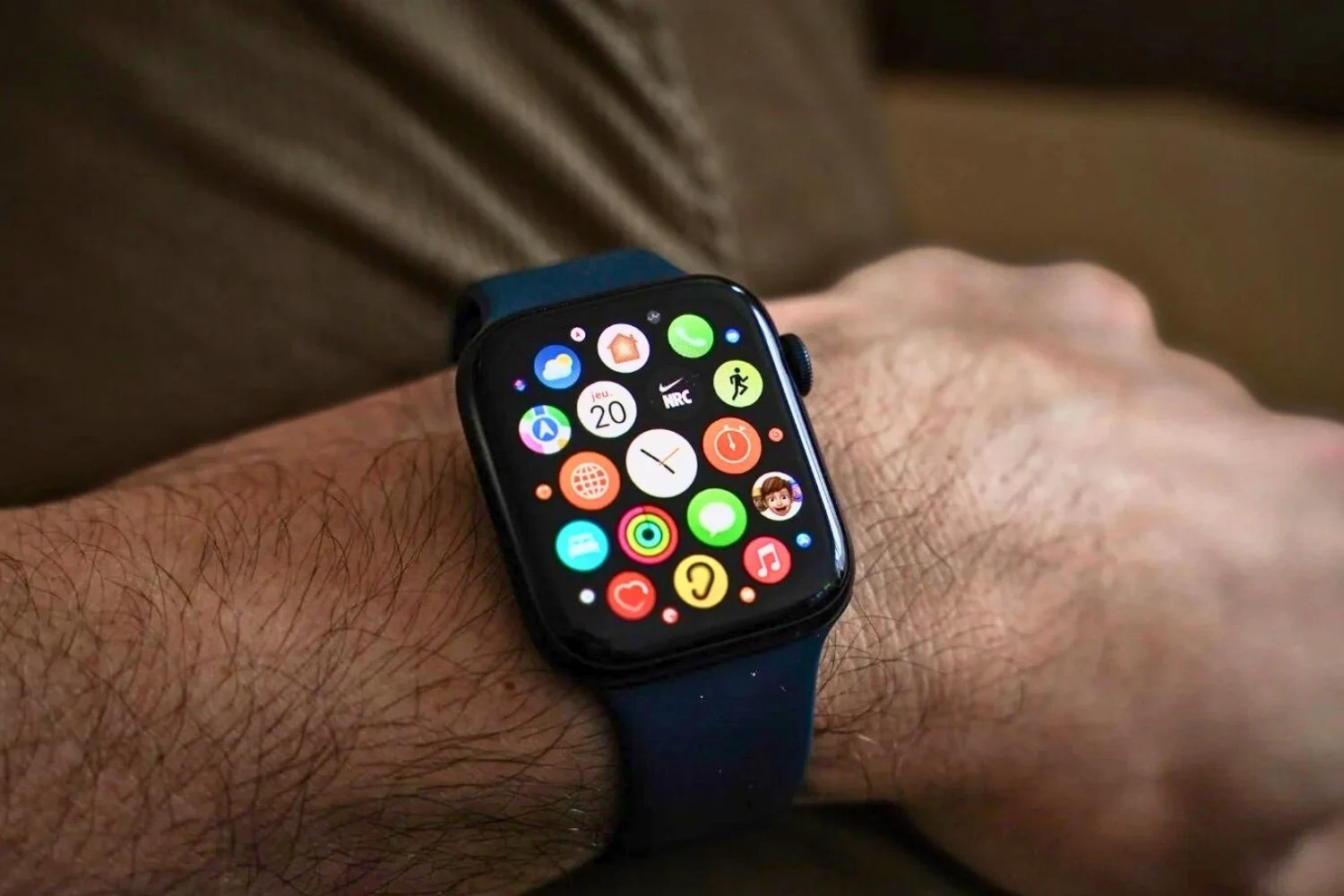In recent weeks, communication has not been very good at WhatsApp. The application is in fact singled out for not meeting the expectations of its users with regard toconfidentialityof their personal data. The result is a massive migration to competing platforms, with Signal at the top of the list according toour latest survey on this subject.
To better promote itself, the Facebook app has every interest in showing its credentials, especially at the moment. In this context, some have just noticed that a future version of the service would offer theend-to-end encryption for chat export to iCloud. We don't know when or if this update will actually be released, but it is very likely that this effort in favor of privacy protection will indeed be in the works for the coming weeks.
Messages are already protected
In reality, there is nothing very surprising about WhatsApp developing such a tool. Indeed, this solution is nowalready available for locally stored conversations. Of course, hacking is still possible, but this way Internet users are at least protected from the most common threats targeting mobile phones.
Even on Messenger,Facebookstarts to clean up: we now find thevanish modewhich allows you to destroy a complete exchange with your interlocutor. But is that really enough for those who are deserting the Palo Alto apps to change their minds? Probably not, especially since Mark Zuckerberg's firmcontinues to loudly and clearly display its very questionable positions.
In pictures
• The chat database is already encrypted now (excluding media), but the algorithm is reversible and it's not end-to-end encrypted.
• Local Android backups will be compatible with this feature.The chat DB and media will be encrypted using a password that only you know.https://t.co/WAliLUnF18
— WABetaInfo (@WABetaInfo)March 8, 2021
As you can read in the screenshots above, the leak appears to show that WhatsApp will actually offer to set apasswordintended to encrypt backups. Subsequently, they will then be transmitted to iCloud but locked, and neither Apple nor potential authorities should be able to access them without your intervention.
It is impossible, for the moment, to know more about the process used to achieve this solution. But in addition to the security already offered by Cupertino's online storage, we assume that this shield should not be the most useless.






